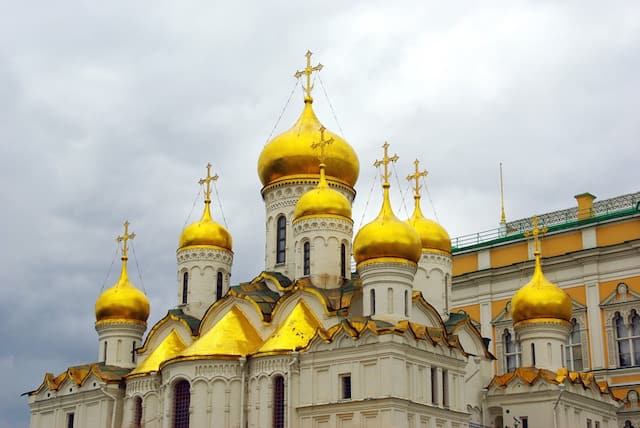Facing reputational risk and poor prospects, private banking operations are bailing on Russia and encouraging its wealthy to park their assets offshore.

Credit Suisse, one of the first international banks to offer onshore private banking services in Russia, recently stopped booking onshore deposits from wealthy Russian individuals. Instead, it is now advising private clients to put their money offshore in Switzerland.
Adam Bradbery at Credit Suisse’s London office says that “in terms of efficiency and expense it doesn’t make sense to maintain the same offering,” though he stressed that the bank “will continue providing advisory services for private banking customers, but without onshore booking.”
The Swiss bank is not the first to scale back its operations in Russia. Deutsche Bank closed its wealth management and investment bank in Moscow in the wake of allegations of being involved in suspect transactions worth some $10 billion. Barclays, RBS and Jefferies have likewise withdrawn as a combination of sanctions and tumbling oil prices reduced their business volumes and profitability in Russia.
Credit Suisse appears to be saying: “’If it’s legit, take it to Switzerland.’”
Veteran Moscow banker Christopher J. Weafer, who was chief strategist at Sberbank before becoming senior partner at Russia and Eurasia investment consultants Macro-Advisory, says”There’s not much confidence in Russia’s economy over the next couple of years.” Most independent economists concur with that assessment—unless oil prices suddenly surge. Carsten Hesse, Berensberg Bank’s equity strategist for EMEA, sees the economy shrinking by a further 1 per cent this year and at best flat-lining in 2017.
Credit Suisse’s move follows the sudden departure of long-standing Russian CEO Steven Hellman in February and ongoing investigations into former Credit Suisse wealth manager Patrice Lescaudron, who has admitted to carrying out trades without the knowledge or consent of clients, most of them from Russia and other former Soviet states.
Lescaudron is reputed to have managed a $1.6 billion portfolio and had worked in Moscow, though he was based in Geneva when arrested last January. Credit Suisse subsequently described him as a “lone wolf” who concealed his deceptions from colleagues, adding “this is, to the best of our knowledge, an individual case.”
The bankexplains its “Retreat from Moscow” as part of a broader review of its international businesses. Weafernotes that “global rationalization is often used as a cover,” and that the real reason is “reputational risk and the fact that Credit Suisse were never able to establish a large enough footprint in Russia with a sufficiently diversified base.”
International banks, he says, “will take on business and reputational risk if they are making a lot of money. If not, they pull out.”
One of the segments hardest hit by this stagnation of activity are owners of local-facing businesses – precisely the kind of customers who look first to onshore private banking.
According to the Russia Wealth Report 2016 some 60% of wealthy families receive income from business activity, and since the onset of recession in 2014 these same families” incomes have nearly halved. Add in the effect of the ruble’s 50% plus depreciation against the dollar, and it’s understandable that such clients look less attractive to a Swiss banker.
Credit Suisse’s suggested alternative of moving their money to Zurich involves considerable legal and other cost barriers for Russians who are relatively wealthy but not Ultra High Net Worth Individuals (most of whom are already offshore). And weeding out these less profitable clients could also save Credit Suisse from further reputational damage.
As Weafer points out, “due diligence and compliance in Russia is…flexible, I think is the word—and certainly weaker than in Zurich. Credit Suisse appears to be saying: “’If it’s legit, take it to Switzerland.’”
So, in terminating its Russian onshore private banking offering, Credit Suisse may well be trying to kill two troublesome birds with one stone.



